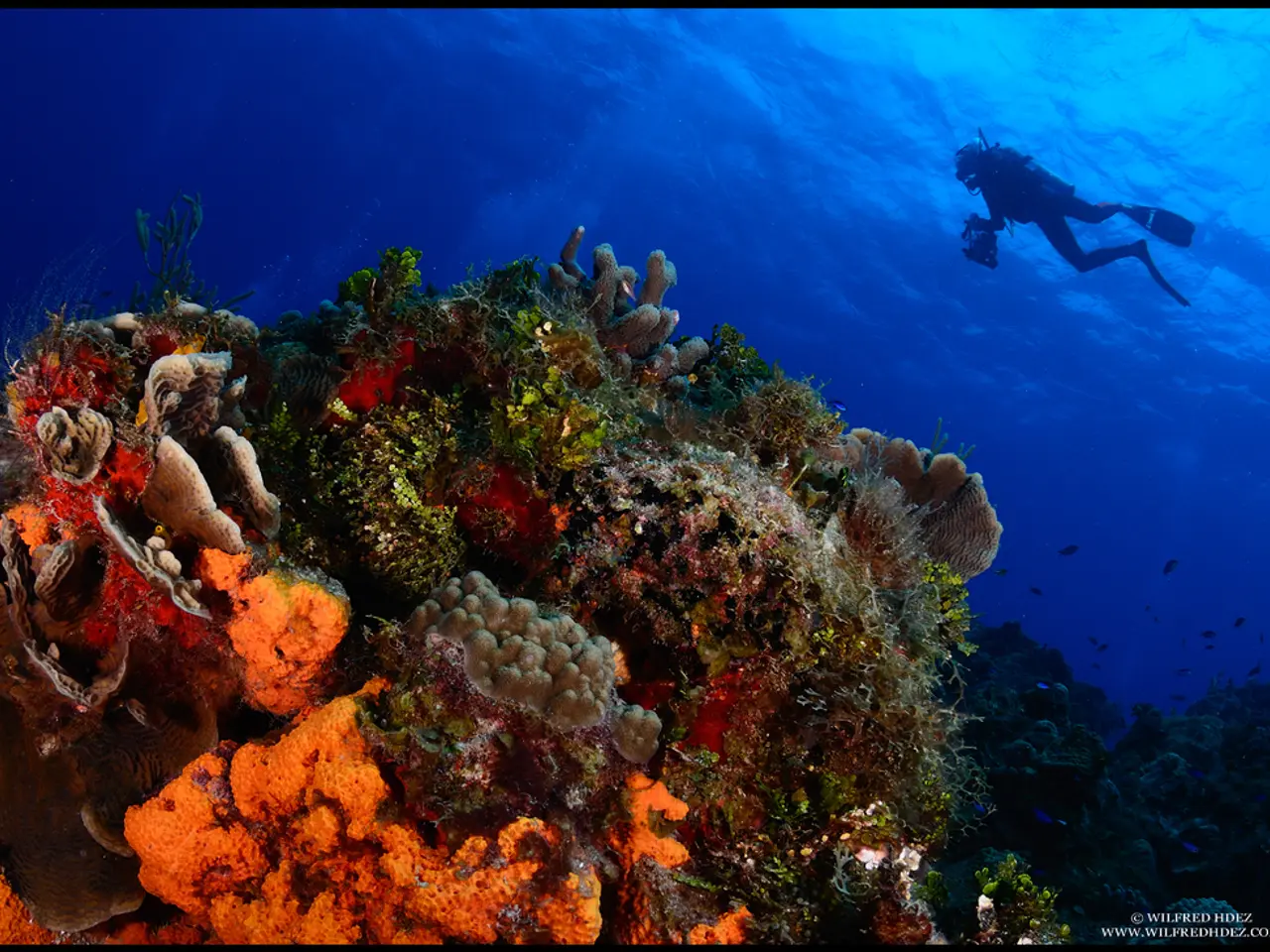Deepening Security Relationship between China and Taiwan Intensifies
The Philippines has been strengthening its security ties with Taiwan, a move that has raised concerns in Beijing and strained relations between Manila and China.
Recently, Hermogenes Esperon Jr., former national security adviser, visited Taiwan, but an error in contacting the Ministry of Foreign Affairs caused some displeasure from the Chinese embassy. This was the first high-level visit of Philippine officials to Taiwan since the Philippines lifted a ban on such travel to Taiwan in April.
Last month, Commodore Jay Tarriela, Philippine Coast Guard spokesman, and Rear Admiral Roy Trinidad, Navy spokesperson, participated in the Taiwan international forum on oceans and met with President William Lai. The Philippines and Taiwan have been conducting an annual economic cooperation meeting for at least two decades, and this visit marks a significant step in their growing relationship.
The Philippine Navy expects the "regularization of cross-strait transit of warships" and "international cooperation" with Taiwan, as stated by Rear Admiral Trinidad in an interview with TaiwanPlus. This shift reflects Manila's strategic response to Chinese assertiveness in the South China Sea, where frequent "gray-zone" clashes have occurred.
This growing security cooperation is largely driven by the need for regional security reasons, as Philippine Defense Secretary Gilbert Teodoro expressed concern about China's force projection in their area. Taiwanese officers have participated in tabletop planning during joint military exercises, indicating a deeper security collaboration.
China, however, has issued diplomatic protests against Manila’s increasing engagement with Taiwan, which it considers a core issue and an internal affair not open to external interference. Beijing perceives the Philippines’ moves as provocations that undermine the “One China” principle and damage bilateral relations. Chinese officials have warned the Philippines to stop "playing with fire," accusing Manila of being emboldened by U.S. support and damaging regional peace and stability.
The implications for Philippine-China relations have been negative, with the visit causing "severe diplomatic complications" that could derail efforts to stabilize relations with China, according to Foreign Secretary Theresa Lazaro. The late former president Corazon Aquino issued the strictest prohibitions on government officials visiting Taiwan in 1987, but through the years, especially during the time of the late former president Fidel Ramos, the rules regarding trade and interaction with Taiwan were relaxed.
As the Philippines navigates this complex regional security environment, diplomats may need to "read the room" and review the one-China policy to see if it still serves national interests, suggests Rommel Ong, retired rear admiral and professor at the Ateneo School of Government. The travel restrictions for elected officials do not explicitly cover the legislature and judiciary, which could provide a potential avenue for further engagement with Taiwan.
In summary, specific examples of increased Philippine-Taiwan security cooperation are joint maritime patrols and military exercise collaboration. This shift reflects Manila's strategic response to Chinese assertiveness but has led to heightened tensions with Beijing, complicating Philippine-China diplomatic relations and risking escalation in a sensitive regional security environment.
- The escalating security cooperation between the Philippines and Taiwan, as evidenced by joint military exercises and increasing visits of high-level officials, has become a topic of general-news discussions, raising concerns among Chinese officials who see it as a violation of the "One China" principle.
- Amidst the strengthening security ties, the Philippines Navy anticipates the expansion of international cooperation with Taiwan, particularly in the area of cross-strait transit of warships, as a strategic response to Chinese assertiveness in the South China Sea, which has been a source of politics headlines due to frequent "gray-zone" clashes.






